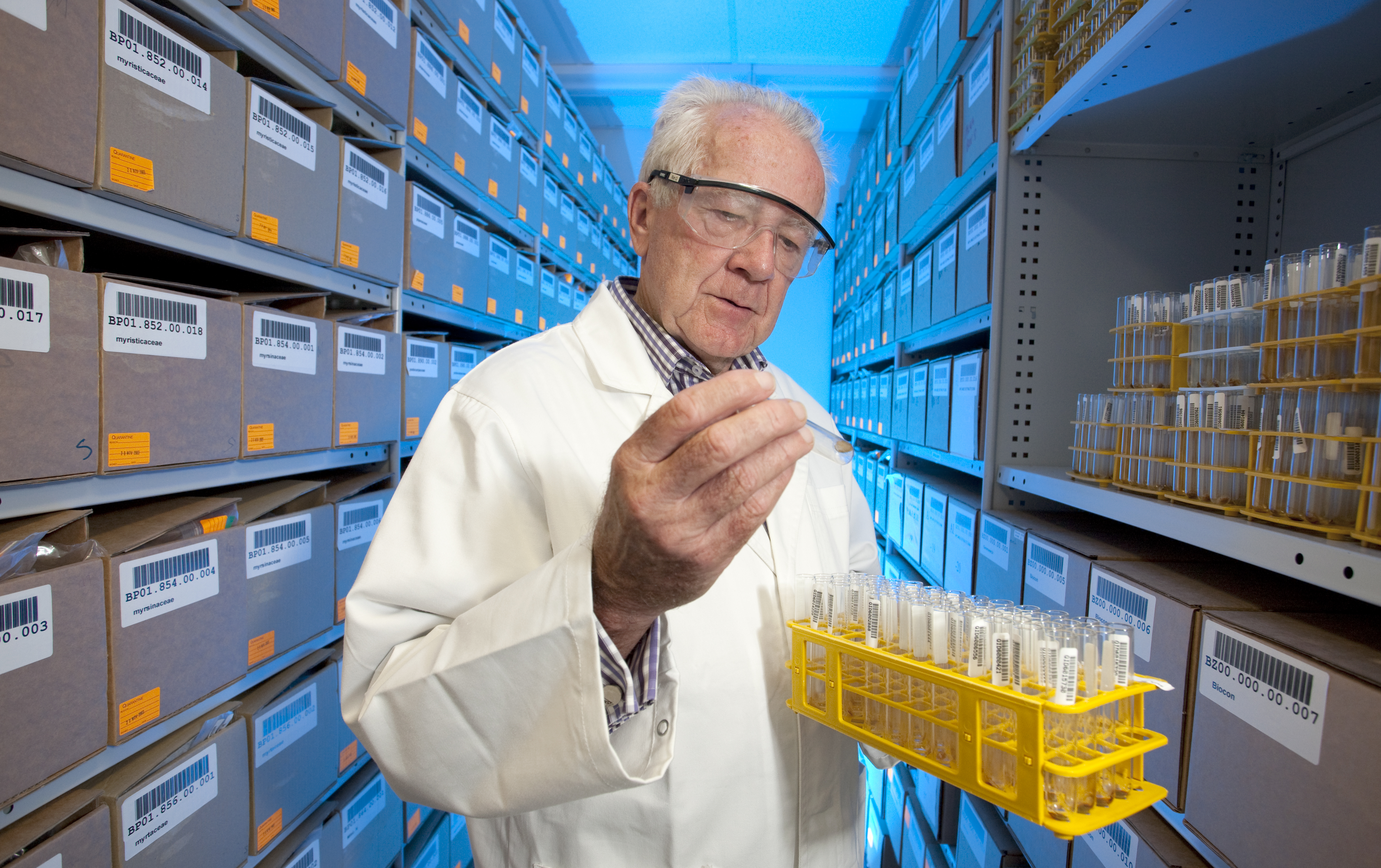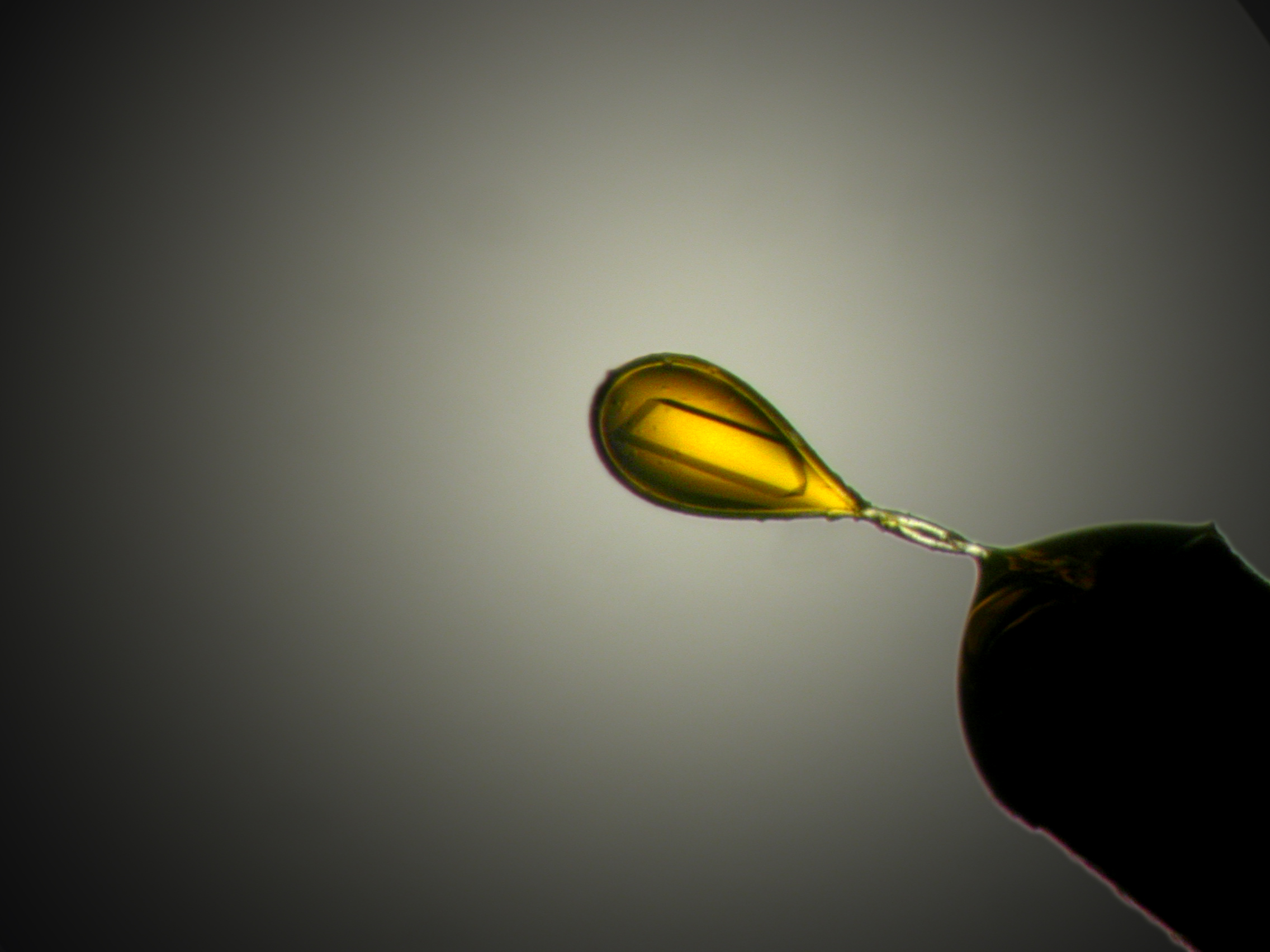To launch the 4th edition of IMPACT @ Griffith Sciences public lecture was held at the Brisbane Square Library. Dr David Rowlands, Deputy Director of Griffith’s Sports and Biomedical Engineering Lab, SABEL, gave…
Public Lecture – Wearable Technology: The edge of the BOOM! – Part 2
In the 2nd half of the public lecture to launch the 4th edition of IMPACT @ Griffith Sciences Dr Rowlands will introduced our special guest Judd Armstrong, CEO of Jaybird…
When parallel worlds collide … quantum mechanics is born
Parallel universes – worlds where the dinosaur-killing asteroid never hit, or where Australia was colonised by the Portuguese – are a staple of science fiction. But are they real? In a radical paper published…
How to find the knowns and unknowns in any research
UNDERSTANDING RESEARCH: What do we actually mean by research and how does it help inform our understanding of things? With so much research already published it can be a daunting…
Creating models for a better world
In ancient times, our ancestors looked to the natural world for signs as to when to undertake certain activities. Today expert provide the information we need. A weather forecaster may…
Nature Bank – Sponsor a Sample
Take on the role of a medical researcher by Sponsoring a sample from Griffith University’s Nature Bank. Adopt one of the samples stored in Nature Bank and helps scientists search…
The quest for quantum computing
“Data is not information, information is not knowledge, knowledge is not understanding, understanding is not wisdom.” – Clifford Stoll. “The right way to read this famous quote is ‘data is…
X-ray crystallography photo essay
2014 is the International Year of Crystallography; a celebration of X-ray crystallography and the science driven by this technology. 2014 also marks 10 years since Griffith University solved its first structure…
A World-First Technology in using Graphene For Micro Devices
World-first technology developed at Griffith University is harnessing the remarkable properties of graphene and could launch the next generation of mass produced, low-cost micro-devices. Dr Francesca Iacopi’s novel micro-fabrication process…
MH17: A forensic challenge
Returning the 298 victims from Malaysia Airlines flight MH17 to their families with dignity and respect is a major priority for each nation involved. Disaster victim identification (DVI) is a difficult task,…








